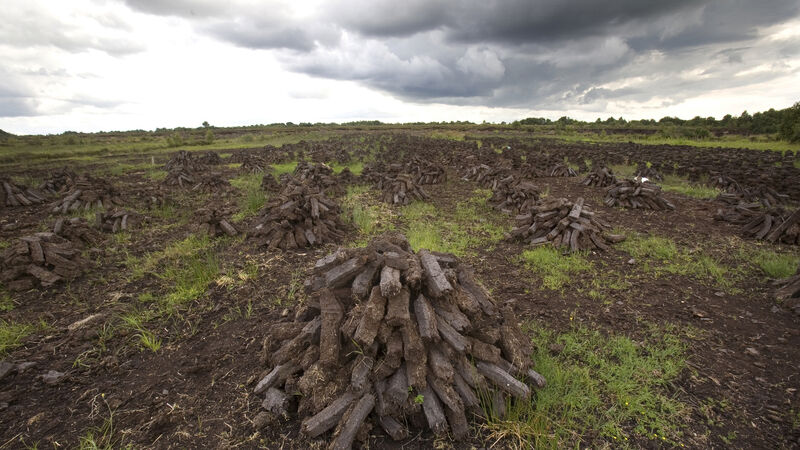Síona Cahill: Precious bog traditions can’t be exploited to ignore climate crisis

In a fortnight that produced another damning world climate report begging us to act, to invest, to wake up, Ireland instead spent its column inches and airwaves demonising the Green Party for even daring to cast an eye on a turf fire in concern, or allowing civil servants to consider how it’s operated.
Granny’s knobbly hands worked with deft precision, kneading the mix of grated raw potatoes and flour to make boxty as the wireless overhead blared a heady mix of bereavement notices and country music.
The light trickled in through the small kitchen window as she worked, the trusty Stanley range behind her blasting heat onto fresh batches of soda bread “for the meitheal and the men”.
CLIMATE & SUSTAINABILITY HUB
















